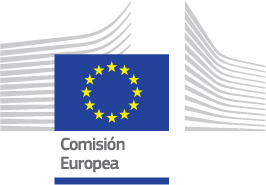Economics of Disaster Prevention and Preparedness: Smart investments for disaster and climate resilience - MODULE 2
Descripción del curso
In this course, you will explore how economic principles and methodologies can be applied to disaster prevention and preparedness. Through case studies and practical exercises, you will learn about climate adaptation strategies, costing measures, and the challenges of integrating these concepts into policymaking. By the end of this course, you will be equipped to make informed decisions to strengthen disaster resilience and optimize resource allocation.
The course is based on the findings of the European Commission and World Bank’s study 'Economics of Disaster Prevention and Preparedness’ Phase 2.
We invite you to take also the other course, MODULE 1, from this study.
Please see also the course stemming from Phase 1 of the study ‘Economics of Disaster Prevention and Preparedness’.
Público objetivo
Decision-makers, practitioners, and government officials across different administrative levels (civil protection, disaster risk management, urban planning, transport, climate change, environment, and other sectors), staff of international organisations, EC staff, academia and experts, broader interested community working on/interested in disaster and climate resilience.
Objetivos de aprendizaje
- Describe why assessment and costing of climate change adaptation (CCA) measures is critical;
- Identify issues related to costing climate change adaptation;
- Describe the process for developing an adaptation pathway;
- Identify typical objectives of CCA measures;
- Identify the elements of an effective decision-making process for costing CCA measures.
Este contenido es ofrecido por la Comisión Europea. La Comisión Europea es el brazo ejecutivo políticamente independiente de la Unión Europea. Es el único responsable de elaborar propuestas de nueva legislación europea y ejecuta las decisiones del Parlamento Europeo y del Consejo de la Unión Europea

Agenda
- Presentation


